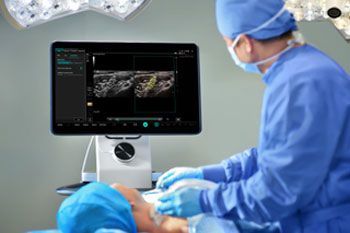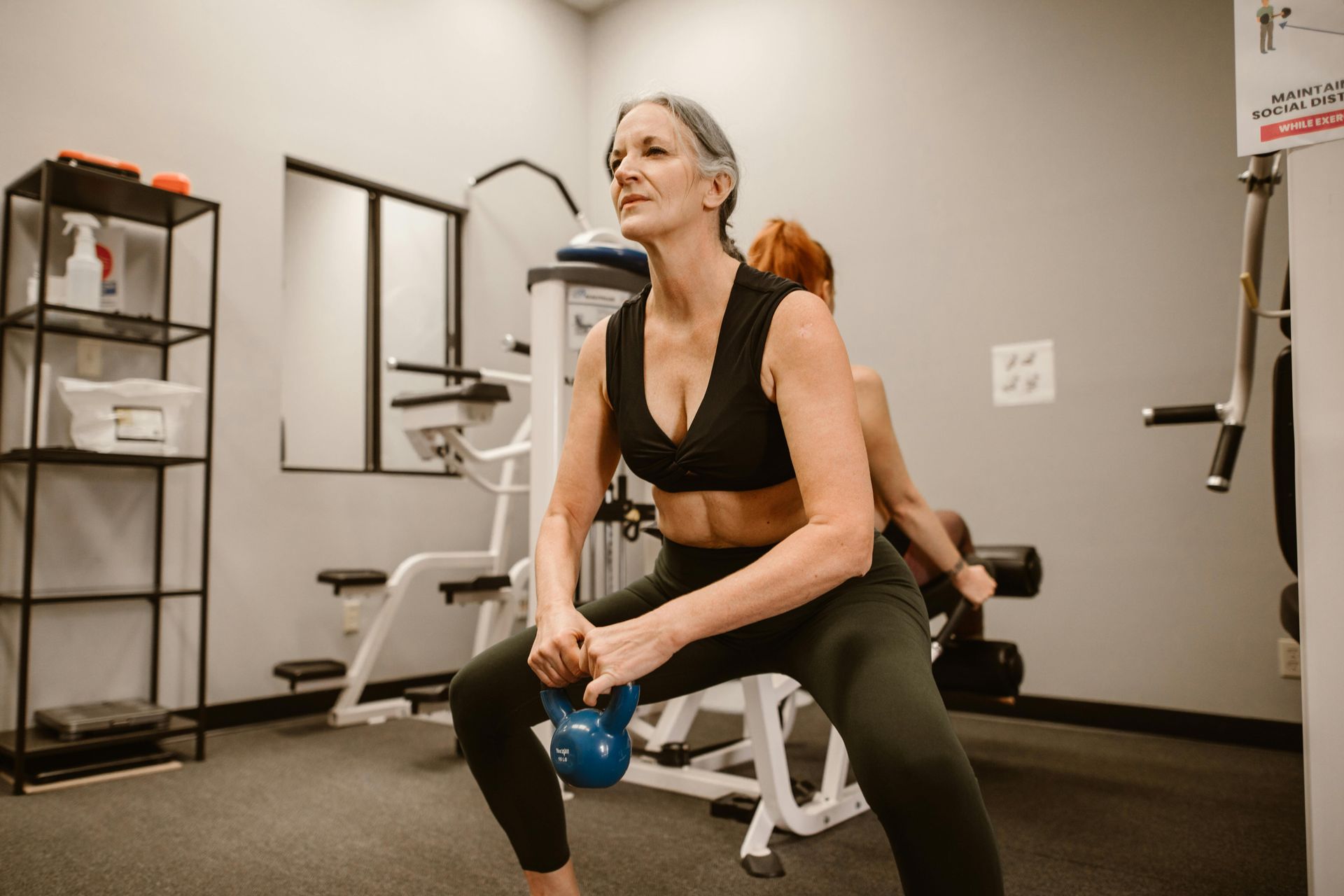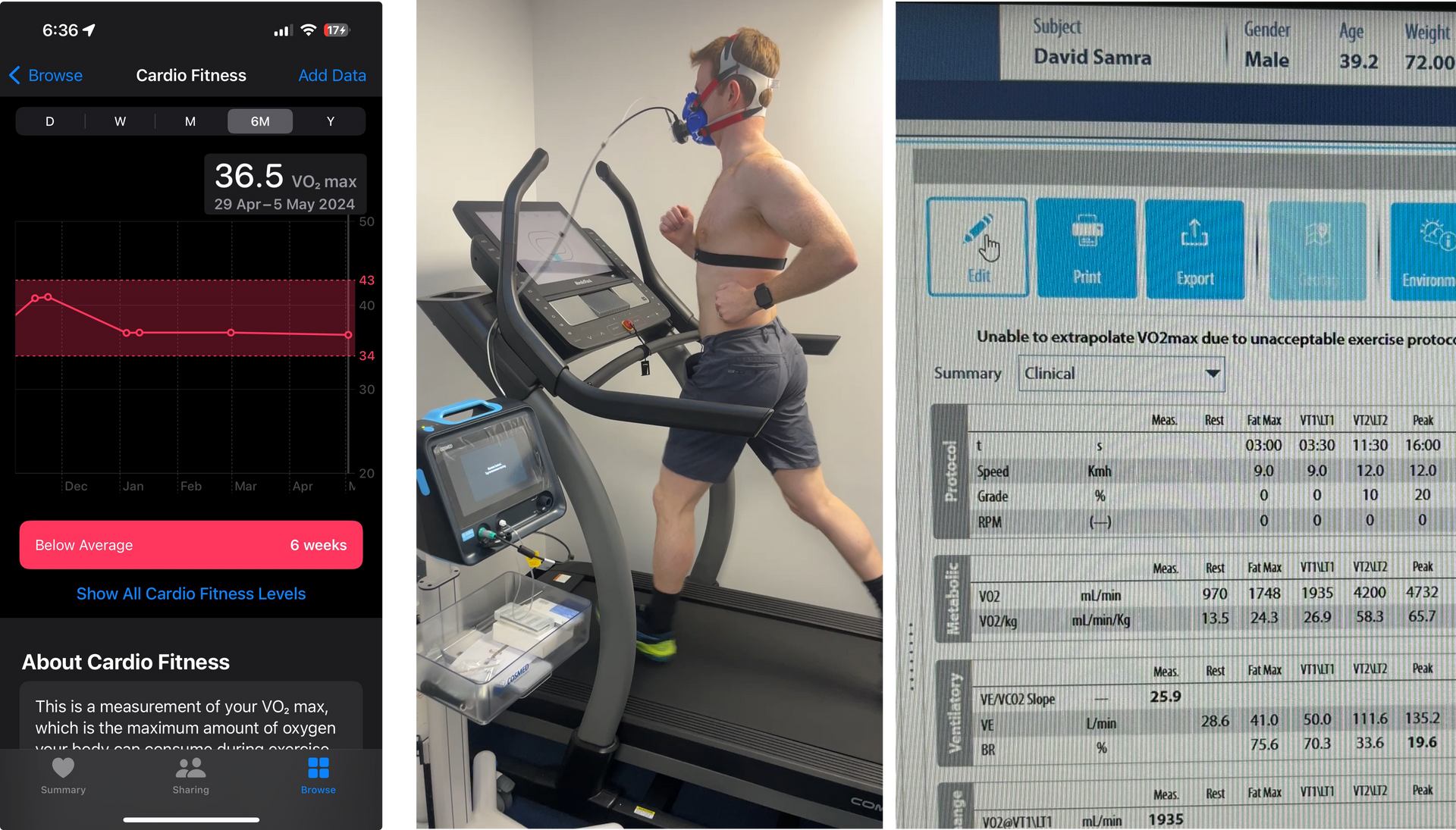From Data to Results: DEXA Scanning Explained
DEXA Scan - Body Composition

Stop Guessing. Start Progressing with DEXA Scanning
If you’ve been training consistently but not seeing the results you expected—or you’re just tired of guessing whether your plan is actually working—it might be time to level up how you track progress. A DEXA scan gives you accurate, science-backed data to help guide your training, nutrition, and long-term health decisions.
At Progressive Sports Medicine, we use DEXA body composition scanning to give you clinical-grade insight into what’s really happening inside your body — including fat, muscle, bone, and more. Whether your goal is performance, fat loss, or injury rehab, this scan gives you the kind of clarity you can actually act on.
What You Get from a DEXA Scan
Unlike bathroom scales or body fat calculators, a DEXA scan breaks your body down with precision and provides detailed insights like:
- Total body fat % – the most accurate reading of how much fat you're carrying
- Visceral fat mass – the fat stored around your organs, linked to metabolic risk
- Lean muscle mass – total lean mass and where it's distributed (arms, legs, trunk)
- Muscle symmetry – left vs. right limb comparison to identify imbalances
- Bone mineral density (BMD) – early insight into osteoporosis or bone health risks
- Regional body composition – detailed breakdown by body segment (e.g. how much muscle in your left leg vs. right leg)
- Changes over time – side-by-side tracking of your progress across multiple scans
This is real data that helps you make smarter training, nutrition, and rehab decisions.
Why It Matters: Real Example, Real Results
Let’s say you’ve been training hard and gained 4kg. Without proper data, it’s hard to know if that’s muscle or fat. One of my clients, Alex, came in after six months of training. His DEXA scan showed:
- +2.1kg of lean muscle (mostly in his quads and glutes)
- +1.7kg of fat
- Stable bone density
This told us two things: his training was doing what it should, but we needed to fine-tune his nutrition to reduce fat gain. With that kind of detail, he could stay focused, confident he was building real strength in the right areas.
How Often Should You Get a DEXA Scan?
Here’s what I generally recommend:
- Every 8–12 weeks during structured training or fat loss
- Every 6–12 months for general health, bone density, or injury rehab
- At the start and end of a program to measure baseline and outcomes
Why Clients Choose Progressive Sports Medicine
At Progressive Sports Medicine, you’re not just handed a report and sent on your way. Our exercise physiologists or sports physicians walk you through the data in detail and help you make sense of what it actually means for your training and recovery. You'll get:
- A full digital report
- One-on-one explanation from me, your Exercise Physiologist or a Sports Physician
- Tailored recommendations you can act on straight away
Whether you’re chasing a performance edge, recovering from injury, or just want to train smarter — this is your baseline for change.
Book your DEXA scan today.
Because when you know better, you train better.
















